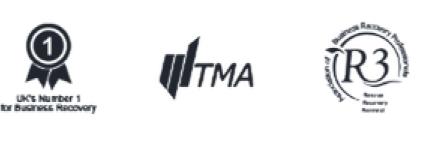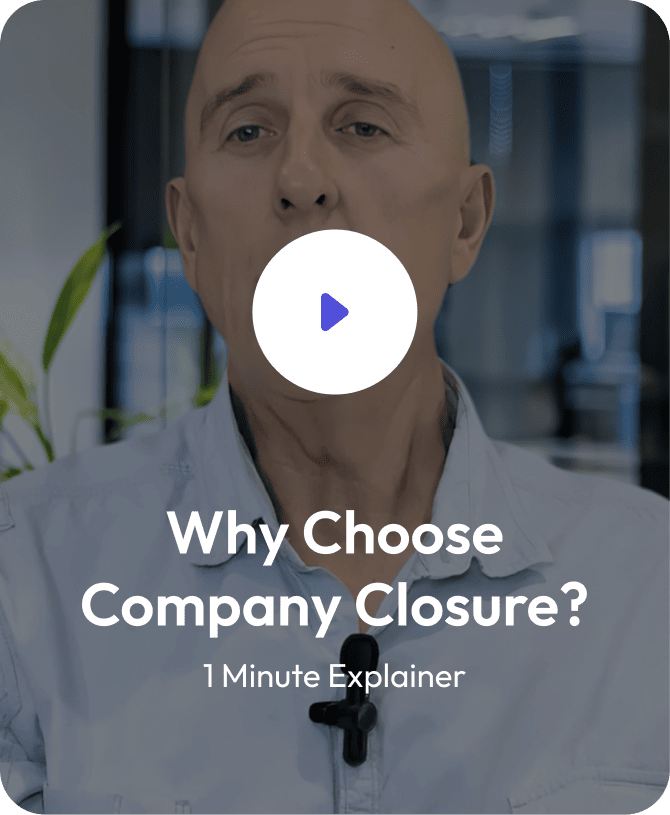What is a licensed Insolvency Practitioner?
A licensed Insolvency Practitioner is a qualified professional authorised to act on behalf of individuals and businesses that are in financial distress or cannot pay their debts (they’re insolvent). They give advice and can implement formal insolvency procedures such as a Company Voluntary Arrangement (CVA), Administration and Liquidation.
They aim to maximise the return for creditors and guide company directors on the best course of action for their businesses. They can negotiate with creditors like HMRC on behalf of companies and individuals and must comply with the Insolvency Code of Ethics.
Some individuals and organisations provide debt advice to struggling businesses – they may be called ‘business debt experts’ or ‘insolvency advisers’ – but only licensed Insolvency Practitioners can accept appointments and implement formal procedures. That’s why it’s best to deal with a licensed Insolvency Practitioner directly.
Finding an Insolvency Practitioner to close my company
To provide services as an Insolvency Practitioner in the UK, an individual must have passed the relevant insolvency or JEIB exams, be licensed by an insolvency practice governing body and have sufficient experience in insolvency work. They must also be a member of one of the UK’s recognised professional bodies, including:
- The Insolvency Practitioners Association (IPA)
- The Institute of Chartered Accountants in England & Wales (ICAEW)
- The Institute of Chartered Accountants in Scotland (ICAS)
- The Institute of Chartered Accountants in Ireland (ICAI)
- The Association of Chartered Certified Accountants (ACCA)
They all hold information about the Insolvency Practitioners registered with them. You can also search the Insolvency Practitioner Directory of the Insolvency Service to find an IP or do a member search on the insolvency trade body R3. It’s also worth asking accountants or financial advisors you have worked with if they can recommend someone they have personal experience with.
Insolvency Practitioners often work for specialist insolvency firms like Company Closure, so you can contact them directly. Reputable Insolvency Practitioners almost always offer a free consultation so you can discuss your circumstances, seek advice, assess their suitability and enquire about their fees.
How much does an Insolvency Practitioner cost?
That depends on the complexity of the business, the number of assets it has and whether it’s a solvent or insolvent liquidation. Some Insolvency Practitioners charge fixed fees, while others apply an hourly rate. At Company Closure, we provide a free quote so you can know precisely how much the process will cost.
The liquidator’s fee is typically paid using the proceeds from the sale of assets. That means you won’t usually have to pay for the liquidation using your personal funds. If the business does not have sufficient assets to cover the fee, directors of insolvent companies may be able to claim redundancy pay, which is usually more than enough to pay the fee.
Looking for an Insolvency Practitioner to close your company?
At Company Closure, our team of Insolvency Practitioners has vast experience closing solvent and insolvent companies throughout the UK. We have supported more than 25,000 company directors to date and can handle your liquidation from start to finish. Get in touch for free, confidential advice or arrange a meeting at one of our local offices.
Need to speak to someone?
With multiple offices across the UK and a vastly experienced team of business closure experts, you are never far away from the advice you need. Our Licensed insolvency practitioners provide free consultations to all directors and shareholders, and can quickly ascertain which closure method is best for your business.
We are licensed by recognised professional bodies and have helped thousands of directors over many years. Contact us today for your free company closure consultation.
Related Posts
25,000+ Company Directors Supported – Partner Led Service
At Company Closure we have a nationwide team of licensed insolvency practitioners and company closure experts here to help you understand your options. Whether your company is solvent or insolvent, there is a closure method out there to suit you.
Call our team of licensed insolvency practitioners today:




